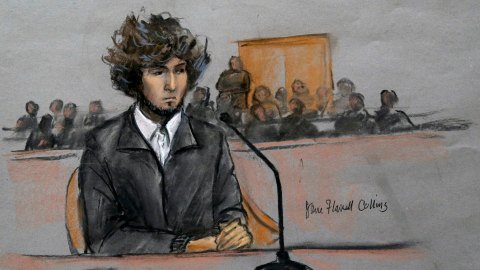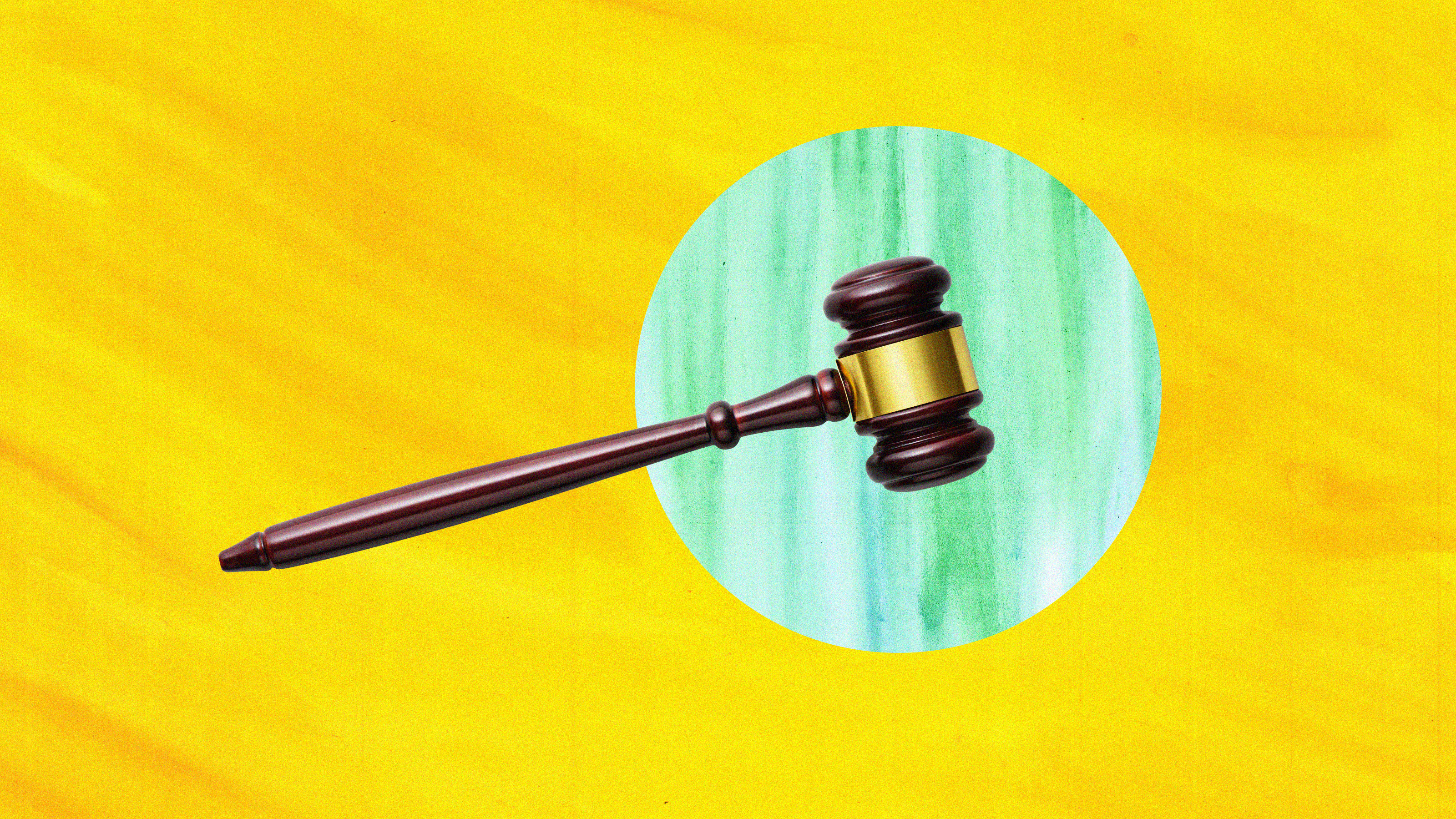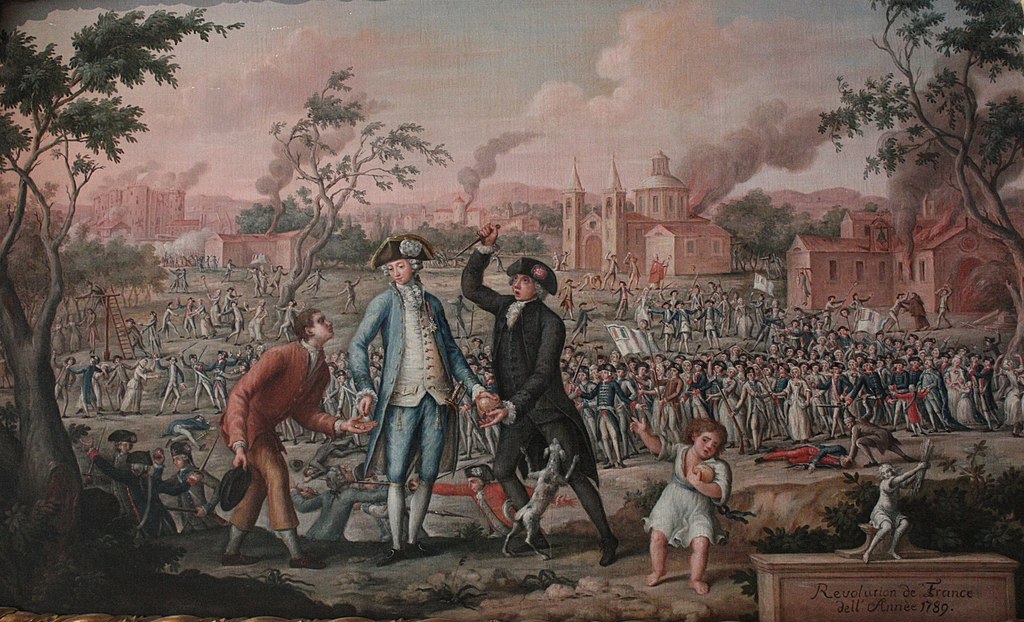Do You Believe in Pure Evil?

Dzhokhar Tsarnaev has been sentenced to death, leaving Bostonians and a nation divided over the issue of capital punishment. Some feel relief in the fact that he’s going to be put down for committing such a heinous act, whereas people, like NYMag‘s Jesse Singal, are of the mind that we’re “[committing] a barbaric wrong.”
So, what makes us so divided over such harsh sentencing? Donald Saucier, associate professor of psychological sciences, offers one suggestion in his recent study, saying that belief in “pure evil” may influence some people to agree with harsher forms of capital punishment.
Saucier and his team of researchers gathered a group of 200 participants to gather data for the study, where they asked volunteers to read a summary about a murderer who had confessed to his crime. The researchers then asked participants how supportive they felt about several different sentences, such as jail time with community service, jail time with the opportunity for parole, life in prison without parole, and the death penalty.
Saucier reported on the results in a press release, saying they found “as people’s beliefs in pure evil increased, they were more likely to support sentences like life in prison without parole and even the death penalty. We found that this actually happened through our participants perceiving the murderer as a demon and feeling that there was some need for retribution for the murder committed.”
The researchers then changed the content of the summary in two ways. In one they painted the murderer as more “evil” inserting details about an obsession with the occult, wearing gothic, all-black clothing, and taunting children. In the other, they wrote the murderer as being quiet, and a family man, who had an interest in camping.
Saucier reported:
“People who saw the stereotypically evil person versus the non-stereotypically evil person recommended greater sentences. But, if they believed in pure evil, it didn’t matter the characteristics; they were more likely to support the death penalty or life in prison. The belief in pure evil overrode our stereotypically evil person.”
What’s more, according to Saucier, religion has nothing to do with influencing this belief (or lack of belief) in “pure evil.” He said that this thought may “change based on traumas, victimization, and the celebrations of human success in our life. We think it’s a dynamic variable and influences our social interaction and social perceptions.”
It seems naïve to color the world in such black-and-white terms. Tsarnaev is a complex person, as are we all, influenced by hormones, culture, education, circumstances. If recent studies are any indication, he likely believes what he did was just. Knowing this makes me wonder if such a harsh sentence is right, when he may die with the belief that what he did was for a good cause. Personally, I would rather he live and understand what he did was wrong.
Read more about the study at Science Daily.
Photo Credit: Courtroom sketch via AP/Jane Flavell Collins




